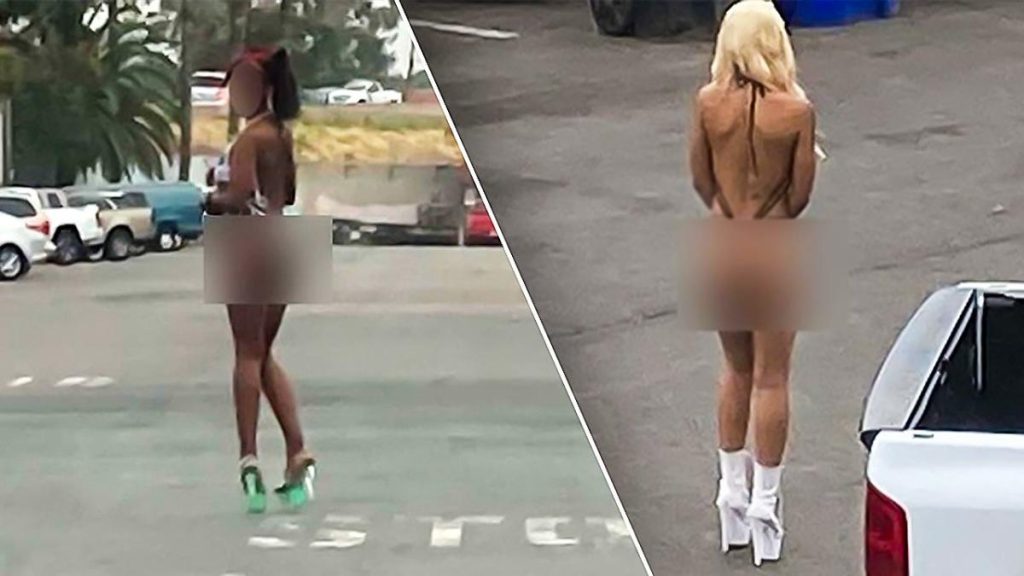California progressives are in opposition to a new bill, SB 1219, introduced by state Republican Sen. Kelly Seyarto, that would recriminalize street loitering for the purpose of prostitution. This bill would reinstitute a provision previously taken out of California’s penal code. Critics of the current law, SB 357, say it has led to an increase in brazen prostitution and sex trafficking on city streets in places like Oakland, San Francisco, Los Angeles, and San Diego. Seyarto introduced SB 1219 in an effort to provide resources to victims of human trafficking, stating that neglecting victims for the sake of not inconveniencing criminals is bad public policy.
San Francisco Democrat Scott Wiener, who authored the previous bill SB 357, known as the Safer Streets for All Act, has defended it by arguing that it prevents police officers from profiling individuals based on their appearance for suspected involvement in sex work. However, SB 1219 not only focuses on penalizing loiterers but also targets motorists soliciting prostitutes for sex. Police sources in Los Angeles have stated that the current law is limiting their ability to crack down on prostitution, as they can only make arrests if a suspect admits to prostitution, which is rare. Areas like Figueroa Street in Los Angeles have become hotspots for prostitution activity, with photos circulating on social media showing scantily clad women engaging in these activities in broad daylight.
During a recent hearing on SB 1219, advocates for recriminalizing loitering argued that without reinstating penalties, women will remain vulnerable to sex trafficking and other forms of exploitation. Organizations like Million Kids have raised concerns about the increase in human trafficking due to SB 357. Law enforcement agencies, including the California DA’s Association and various sheriff’s departments, have expressed support for SB 1219. However, social justice groups such as the ACLU and Decrim Sex Work California oppose the bill, arguing that the root causes of prostitution, such as the high cost of housing and lack of social safety nets, need to be addressed instead of criminalizing sex workers for loitering.
Opponents of SB 1219, including the California Public Defenders Association and the San Francisco Public Defender’s office, argue that the bill would endanger marginalized communities, particularly transgender individuals and people of color who engage in survival sex work. They believe that arresting sex workers for loitering would only make them more vulnerable to violence and abuse. While SB 1219 faces opposition from some progressive groups, other bills have been introduced in California’s lower legislative chamber to repeal SB 357, citing reports of increasing illegal activity related to prostitution. Governor Gavin Newsom has expressed caution about the implementation of SB 357 and has promised to monitor any unintended consequences.


